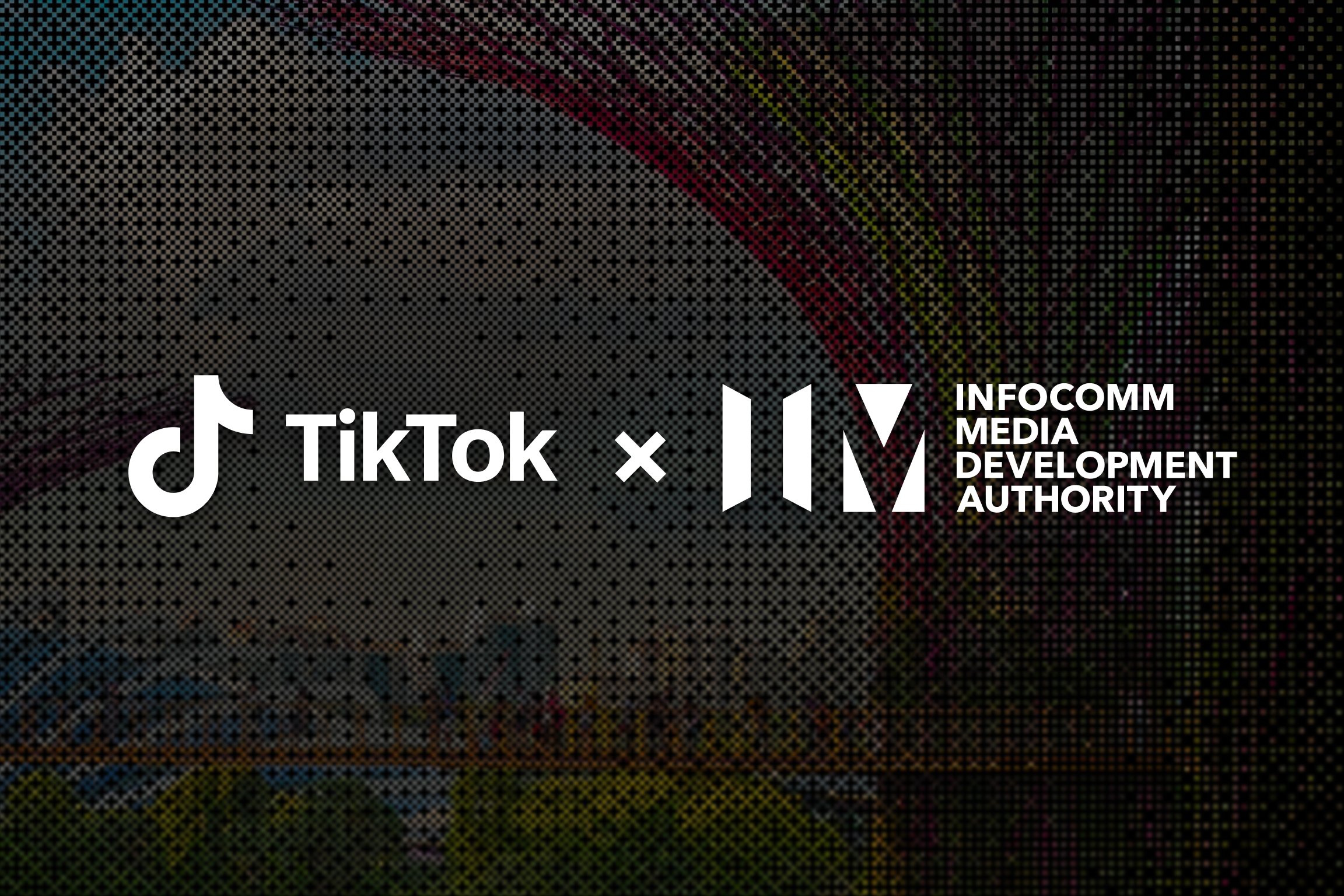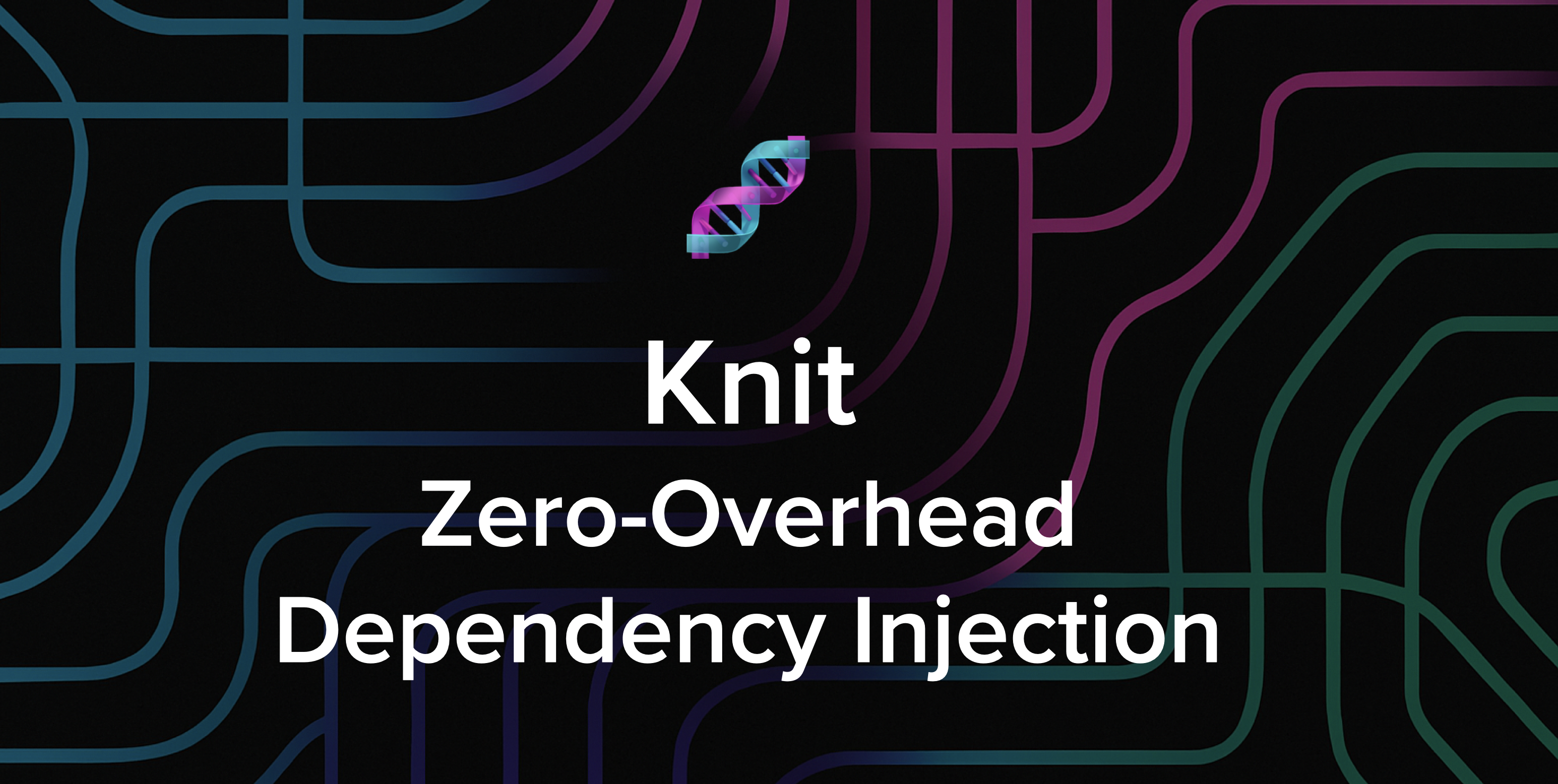On April 16, 2025, UC Berkeley's Code for Good, in collaboration with TikTok for Developers, convened students, researchers, and industry professionals for a Code Lab focused on open source AI technologies and governance frameworks. Held at the Genetics and Plant Biology Building, the event merged technical advancement with ethical responsibility.
The evening emphasized that cutting-edge AI innovation must be accompanied by deliberate strategies to manage risk, bias, and social impact. Participants engaged not just in theoretical discussions, but also in hands-on sessions aimed at building practical solutions within evolving ethical and policy standards, helping students and developers gradually become a part of future advancements.
Centering governance at the core of AI Design
The event began with a session on AI governance, highlighting that technological progress is not enough without ethical oversight. As AI technologies become increasingly embedded across public and private sectors, governance systems such as compliance procedures, bias reduction methods, and deployment guidelines are now essential to sustainable growth.
Instead of treating governance as an add-on, the Code Lab positioned it as a foundational aspect of AI system design, from conceptualization to deployment and iteration. This reflects a growing belief in the field that early risk mitigation is key to building public trust and ensuring long term safety.
Emerging technologies at the edge
Technical sessions shifted focus to open source innovation and public access to emerging AI tools. The day featured demonstrations of InfiniEdge AI Release 1.1, one of several upcoming releases. The updated platform offered improvements in edge computing performance, including reduced latency, higher throughput, and better cloud integration. New workflows were introduced to help developers outside large enterprises deploy edge AI models more easily.
Attendees also explored OPEA, the Open Platform for Edge AI, an open source initiative created in collaboration with Intel. OPEA enables AI solution development using microservices, APIs, and scalable infrastructure designed for enterprise environments. This reflects a growing trend toward democratizing AI development and reducing resource barriers for small teams and solo developers.
By focusing on edge AI, the event highlighted a major industry direction of bringing computation closer to data sources to improve responsiveness, security, and scalability. These approaches are especially relevant for robotics, autonomous vehicles, and intelligent infrastructure, fields where student and early career developer contributions are increasingly welcomed.
Prototyping AI agents
Beyond infrastructure, the Code Lab focused on AI agents, autonomous systems capable of perception, decision making, and action without human intervention. Organizers encouraged participants to contribute to this fast growing field and take part in shaping future agent driven systems.
Attendees were introduced to a dedicated AI Agent platform designed to help developers build custom agents through structured workflows. This made it easier for students and newcomers to experiment with agent design. Sessions also touched on TikTok's use of AI agents for real time content curation, offering a glimpse at how these technologies are already used at scale.
The conference also featured the debut of SPEAR, a distributed AI agent platform built for rapid prototyping and flexible deployment. SPEAR embodies a shift toward collaborative, ecosystem based AI development, where scalable tools enable collective progress.
From discussion to action
Following presentations, attendees transitioned into a hands on coding lab where they applied the day's lessons to build functional AI agents using the platform's development tools. Industry mentors provided guidance throughout, while standout projects earned prizes and recognition, creating a fun, encouraging atmosphere for applied learning.
The evening concluded with a networking session that gave participants the chance to share ideas, meet speakers, and build connections across academia and industry.
A model for responsible innovation
UC Berkeley's Code for Good, in partnership with TikTok, continues to build a space where future developers are encouraged not only to push technological boundaries but to do so with accountability, inclusivity, and social impact at the forefront.
As AI continues to evolve at unprecedented speed, initiatives like this Code Lab provide a vital blueprint for ensuring that innovation remains grounded in public interest, not just technical achievement or commercial gain.
 Want to stay in the loop?Subscribe to our mailing list to be the first to know about future blog posts!
Want to stay in the loop?Subscribe to our mailing list to be the first to know about future blog posts!
